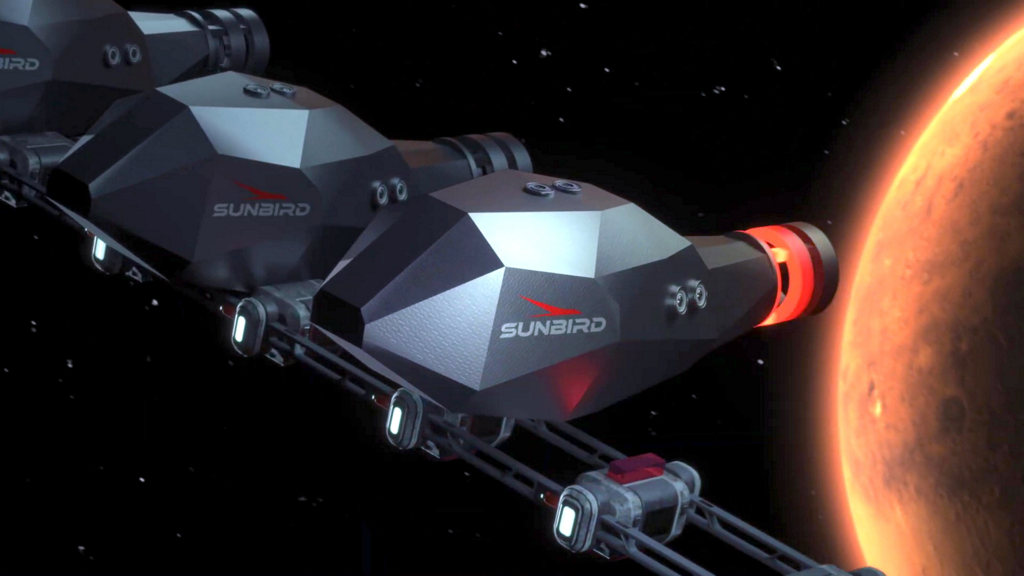Brighter Side of News
3d
330

Image Credit: Brighter Side of News
New fusion-powered rocket could get us to Mars in half the time
- UK space tech company, Pulsar Fusion, unveils fusion-powered rocket Sunbird aiming to revolutionize interplanetary travel by 2027.
- Sunbird differs by living in orbit, docking with other spacecraft and using nuclear fusion engine for rapid travel between planets.
- Sunbird's Duel Direct Fusion Drive (DDFD) harnesses fusion energy for high exhaust speeds, cutting Mars travel time in half.
- Fusion in space is facilitated by the vacuum environment, allowing for controlled bursts of energy without Earth's constraints.
- The engine uses deuterium and helium-3 mix to create propulsion, benefiting from charged protons over neutrons.
- Pulsar Fusion is testing Sunbird by simulating engine behavior with inert gases in vacuum chambers, with plans for in-orbit trials by 2027.
- Projected costs are around $90 million per spacecraft, with hopes to mine helium-3 from the Moon for future sustainable fuel sources.
- Sunbird is designed as a reusable space vehicle, featuring armor plating for durability and the capability to power systems of other craft.
- Pulsar Fusion envisions the UK as a leader in advanced space propulsion through its innovative projects like Sunbird.
- The global race to develop fusion rockets is underway, with Pulsar Fusion's Sunbird project aiming to transform future spaceflight.
Read Full Article
19 Likes
For uninterrupted reading, download the app